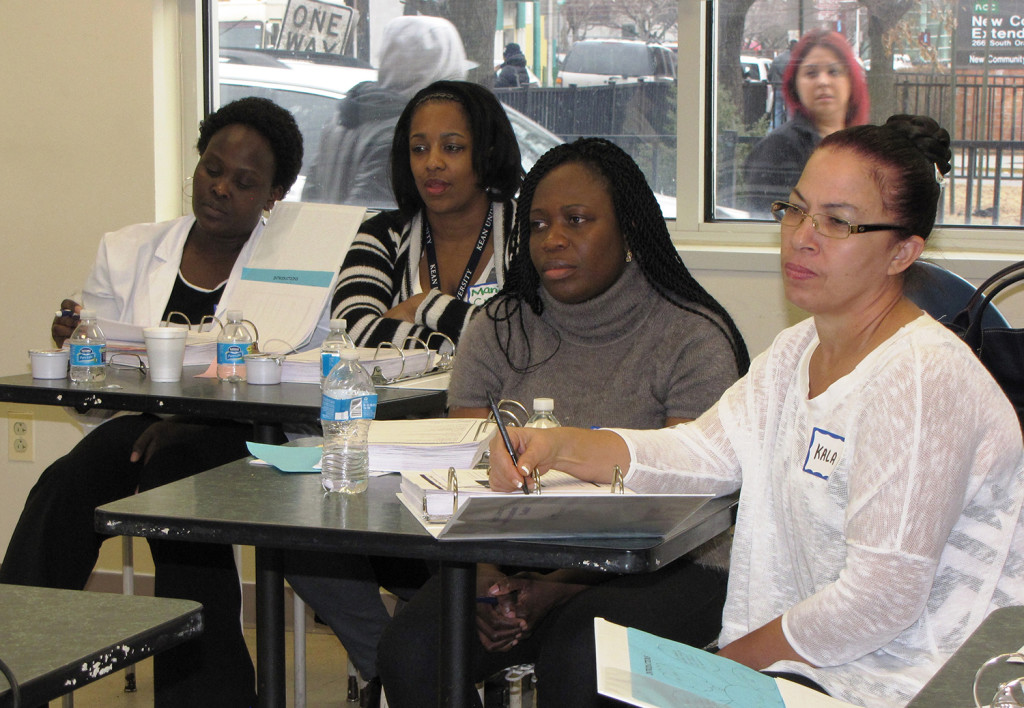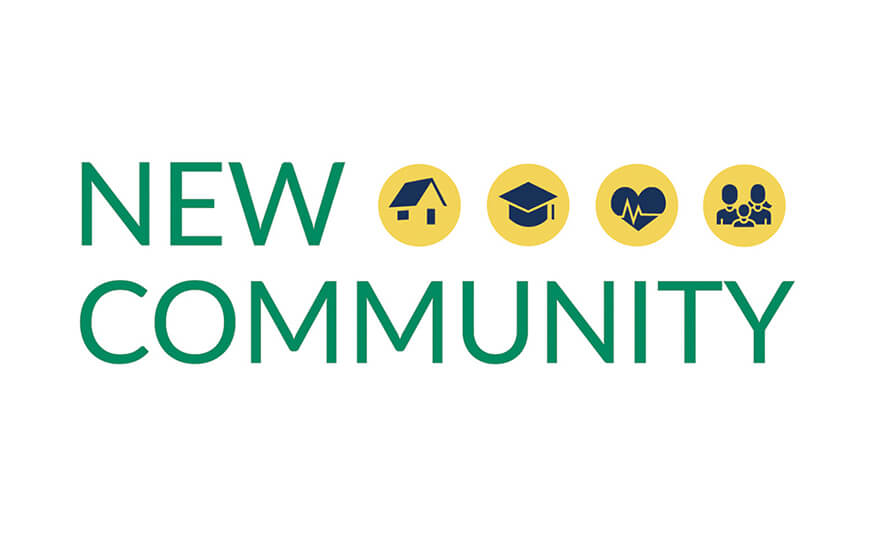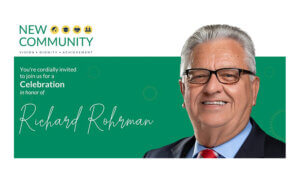
For Yvette Murry, learning to be literate in health-related matters is a lot like trying to write with your other hand.
In fact, Murry, who recently led a continuing education program on health literacy at New Community, had everyone in the classroom pick up a pen with their non-dominant hand and write their names.
“This work is going to feel awkward,” Murry, a licensed social worker, said to the room of healthcare professions from New Community.
The handwriting exercise was just the beginning of an eight-hour session held in a classroom at the Family Service Bureau that was designed to increase “the degree to which individuals have the capacity to obtain, process and understand basic health information and services needed to make appropriate health decisions,” according to Murry.
With thick binders in front of each person, Murry dove into such topics as communication barriers, literacy, risks associated with prescribed medications, and cultural competency, among other topics.
Healthcare professionals, whether they are doctors, nurses or social workers, all play a role in a patient’s ability to understand basic health information and make an informed decision as well as their ability to access and navigate the healthcare system, Murry said.
Patients who struggle with low levels of literacy face serious and potentially life-threatening situations when they are unable to read directions for how much and how often to take a prescribed medication.
Leslie Eaddy, Director of Adult Medical Day Care, said one’s health literacy can determine whether or not a patient leaves a doctor’s appointment feeling confused.
Eaddy’s goal for patients is “that they’re confident in understanding what the doctor is telling them.” Patients who arrive prepared with notes and questions are able to play a more active role in their treatment plans, Murry noted.
Ruth Kimutai, a Registered Nurse and Unit Manager of the third floor of Extended Care, said she hopes the training session will help herself and her floor staff to better “work as a team.”
“With this training, it gives me methods of how to deal with them, communicate, and come up with solutions for a patient’s comfort or care,” she said.
Robyn Moses, a Licensed Practical Nurse, noted that compassion also plays a role in health literacy.
If a patient is being non-compliant—such as refusing to take medication—there may be other underlying reasons. The patient is not simply being difficult or stubborn but must be handled with compassion, she said.
The program is sponsored by the Rutgers Office of Continuing Professional Education and participants who complete 24 hours of training will receive a certificate. The remaining two sessions are scheduled for February 9 and March 16.
Ann Hope, NCC Employee Health Officer, coordinated the session for NCC staff to attend for the second year.
“I feel it’s very important for healthcare professionals to properly communicate with families and patients,” she said.


